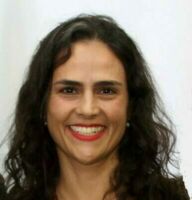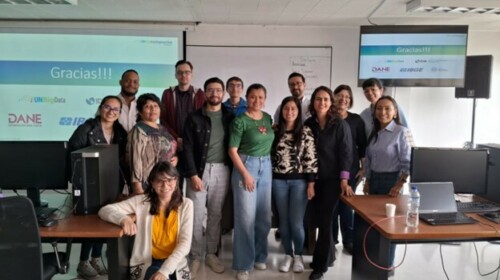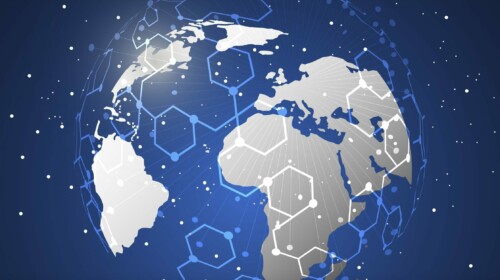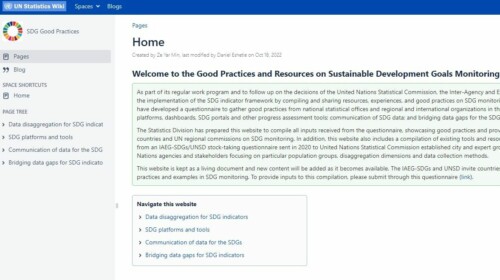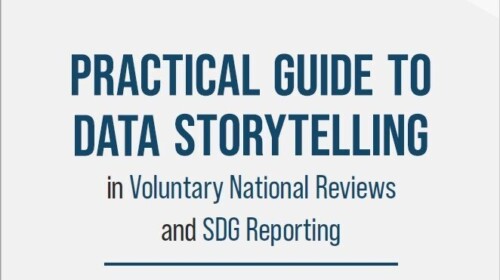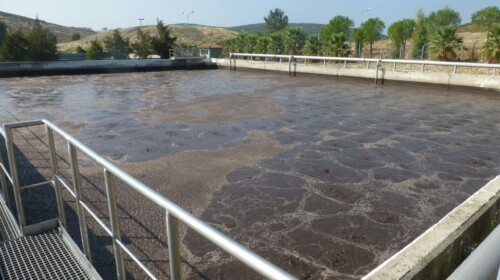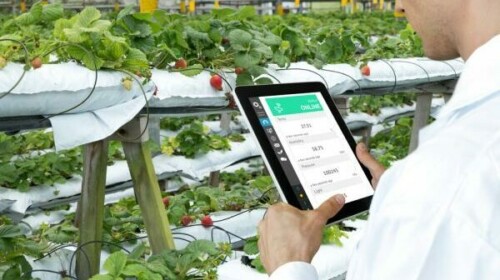With the rise and fast expansion of different kinds of big data, National Statistical Offices – NSOs have been challenged to incorporate such new non-traditional data into their production system, for improvement and expansion of the statistics they provide. As in other parts of the world, most NSOs in Latin America and the Caribbean are willing to incorporate the use of big data. Awareness and training initiatives are key to fostering this use. The possibility of knowledge exchange in a regional network is invaluable given that realities might be very similar, posing common challenges to different countries. The UN Regional Hub for Big Data in Brazil (https://hub.ibge.gov.br/index.htm) has one workstream particularly turned to training and promoting the use of big data in NSOs. Its concern is to provide experimentation, hands-on experiences for the theme to be more easily grasped, shortening the way to potential application.
A series of 2 workshops were planned as part of the Hub’s 2022-2023 work programme. This series stems from the preference of NSOs to start projects with big data using open data sources. Particularly, the topic of satellite imagery was cited in a consultation recently conducted in the region about the use of big data in Latin America and the Caribbean. It was pointed both as a need for development and as an existing practice for some countries.
Following a “learn by doing” approach and considering the promising use of satellite imagery for the calculus of SDG indicators, the 3rd Workshop of Big Data was planned to demonstrate the use of tools to obtain and process those images (to access the recordings in Spanish, see https://hub.ibge.gov.br/videos...), while the 4th Workshop of Big Data was intended to provide a real experience of calculating one specific indicator based on the images obtained.
The 3rd Workshop was entitled “Satellite images for the calculus of the 11.7.1 SDG Indicator”. It took place from July 31st to August 4th, 2023. Classes happened online on Monday, Wednesday and Friday. Tuesday and Thursday were used for exercises and clarification of doubts. At the end of this workshop, participants would be able to do the image acquisition for determining the average proportion of built-up surface, considered open space of public usage in the cities. Participants were invited to experience what was demonstrated and were continuously monitored in their progress.
The 4th Workshop was entitled “Public Space Identification and Calculus of the 11.7.1 SDG Indicator”. It took place in an in-person modality to enable close monitoring of development, but also a more significant networking and exchange of knowledge, aiming at promoting partnerships among countries in the region. It happened from August 29th to 31st, 2023. At the end of this workshop, participants would be able to identify the urban areas and public spaces through geoprocessing, and calculate the average proportion of built-up surface, considered open space of public usage in the cities.
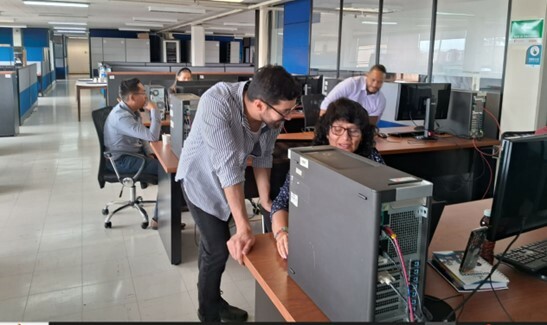
The 3rd Workshop posed the challenge of reconciling two countries in the production of content and preparation for instruction: Paraguay and Colombia. The meetings to define the learning objectives and the syllabus were crucial for the best arrangement of the planning and for a satisfactory design of the workshop. The instructors also did rehearsals of their classes, so that everyone could comment. This was an important opportunity to adjust issues of content and the best pedagogical strategy. Two specialists in geosciences from IBGE participated in the elaboration of the workshop content. A specialist from the Economic Commission for Latin America and the Caribbean (ECLAC) also participated in the discussions and offered some existing material of their own as a starting point for the elaboration of slides.
Four months of work to plan and design classes were necessary before the implementation of the workshop. The meetings took place virtually with participants from INE/Paraguay, Dane/Colombia, ECLAC and IBGE/Brazil. In parallel to the 3rd Workshop, Dane/Colombia worked for two months on the organization of the 4th Workshop to start a month later. The Hub supported this work with communication actions and provided references on the logistics of the event based on its previous experiences.
Participants were very active in class, asking questions and clarifying doubts, and engaged in the production of the exercises. Instructors were diligent in correcting and giving feedback to participants. This exchange of information required organization’s considerable effort to ensure satisfactory communication and material access. The workshop was carried out perfectly with the support of NIC.br, with no IT incident in class streaming.
The instructors were very clear and followed the learning objectives. The classes had a significant demonstrative approach, but participants interacted actively, doing the exercises according to the demonstration. The third day had a greater demonstrative load and for this reason, 2 out of the 20 participants mentioned difficulties in following it. With the recording of the classes, though, the participants were able to review content and do the proposed tasks of extracting images. Participants declared to have used 9 hours in average for workshop completion, which is consistent with the time planned: 6 class hours and up to 4 hours for studying and exercises.
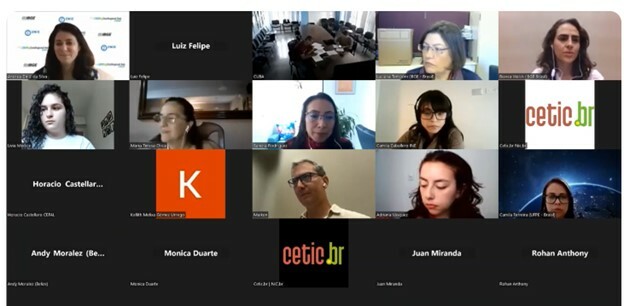
It may be useful to think about better strategies for participants to follow demonstrations more easily. Some possible actions are to produce a follow-up tutorial or provide a tutorial in advance and use the synchronous moment to clarify doubts. Overall, the workshop was highly praised by participants as an opportunity to advance the use of satellite images for calculating SDG indicators. The highlight was Dane/Colombia and INE/Paraguay’s diligent efforts in the preparation, execution, and evaluation of the exercises.
The 4th Workshop was organized two months earlier with the greatest effort from Dane/Colombia. The Regional Hub organizer shared previous experiences with Dane regarding the elaboration of the workshop agenda, practical information, as well as a checklist of items to consider for the implementation of the in-presence classes. The Hub organizer also helped review the documents prepared by the Colombian NSO.
The workshop implementation was excellent. Staff for IT support, facilitators and monitors were very kind and diligent to make participants feel very comfortable and supported. Facilitators conducted demonstrations very well and supported participants with their doubts promptly. A highlight was the investment in ludic checking exercises to break heavy loads of exposing sessions.
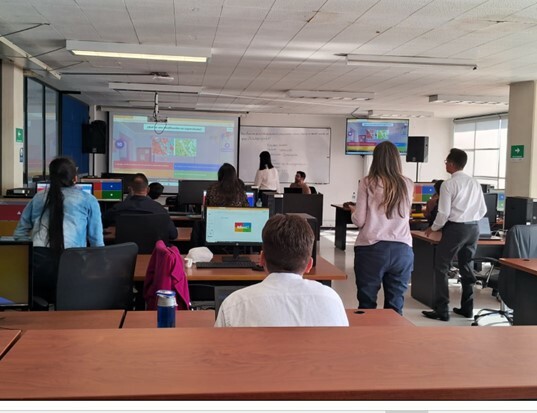
It is important to consider that the exercises were an approximation of the calculation in its general form since instructors did not work with demographic data that would allow for the breakdown of the indicator by sex, age and disability conditions. Information at detailed levels required for measurement was not available.
In addition to the content of the workshop, Dane/Colombia presented their work with SDG indicators, which was definitely an invaluable increment to the experience. Workshop length was adequate, however, more time for participant protagonism could be dedicated. Having participants from different countries sharing their own attempts of implementation would be interesting for their own consolidation of knowledge (as they will train others from their institutions) and for a space of collective discussion. It would be useful to conceive a tutorial to review demonstrations presented in class, which might be achieved with a more detailed set of slides (with print screens of task steps).
To conclude, as the learning experience related to this kind of workshop is essentially demonstrative towards application and later replication of knowledge, another format might be useful. For future workshops, an attempt can be made to leave demonstration for online classes (with doubt-supporting online sessions) and presentations of achievements for the in-presence session. This way, in-presence would be refocused for a training of trainers logics. That environment could favor development and innovation as countries would be working together to test models for different realities.
Overall, there was very positive feedback from the 20 participants of the 3rd Workshop and from the 10 participants of the 4th Workshop. Especially regarding the latter, more than one participant mentioned the advantage of the in-presence format as an enriching space for learning and interchange as well as for prompt and effective doubt-solving. NSOs from six different countries participated: Brazil, Colombia, Chile, Peru, Ecuador, and the Dominican Republic. They received financial support from the InterAmerican Development Bank (IDB).
The use of free software was another positive feedback extracted from the reaction assessment. Participants pointed some remaining needs of development in the area: data source; big data tools; applications of machine learning; managing and exporting statistical data from census and surveys applying big data; artificial intelligence applications such as tensorflow and google colab; cloud and distributed processing using big data tools (Apache sparke); infrastructure to process big data; non-traditional data sources for the calculus of indicators; satellite images for official statistics.
An impact assessment is predicted for November 2023 to see how countries advanced with the knowledge acquired in their NSOs. It will be possible to know if they engaged in the calculation of the 11.7.1 indicator or if they transferred skills to other SDG indicators. DANE Colombia took profit from the workshop and showed how they have advanced in the production and monitoring of SDG indicators (see https://www.dane.gov.co/index.php/servicios-al-ciudadano/servicios-informacion/objetivos-de-desarrollo-sostenible-ods). From this interesting presentation, not by chance connected to the 4th Workshop, one can easily be convinced by the idea that to advance with SDG indicators it is necessary to advance, in turn, with experimental statistics. Big data, alternative data sources and innovative methods may contribute to this end. And to make it happen in Latin America and the Caribbean a strong network of partners collaborating for collective learning is a way to accelerate progress, as this experience with hands-on workshops points to.
* Dr. Bianca Walsh is a Technical Assistant for the Director of the National School of Statistical Sciences (ENCE) at the Brazilian Institute of Geography and Statistics (IBGE). She is currently the co-lead of the Statistical Literacy task team of the Global Network of Institutes for Statistical Training (GIST), and has been an active member of the Training, Competencies and Capacity Development task team for the UN Big Data Project since 2021. She is also a member of the technical board of the Regional Hub of Big Data in Brazil, specifically conceiving and promoting capacity-building events in the area.
From 2015 to 2021, Bianca was the head of the Training and Development Department at IBGE. She led a multidisciplinary staff to assess IBGE’s capacity-building needs and develop and provide solutions for them. She also worked as a content-developer and trainer in Training of Trainers projects. Prior to that, she worked as a university professor and researcher at the School of Education of the Fluminense Federal University (UFF) and at the Languages Department of the University of Rio de Janeiro State (UERJ). In both institutions, she directly worked with the development of pre-service teachers, involving grant-winning research and educational projects.

